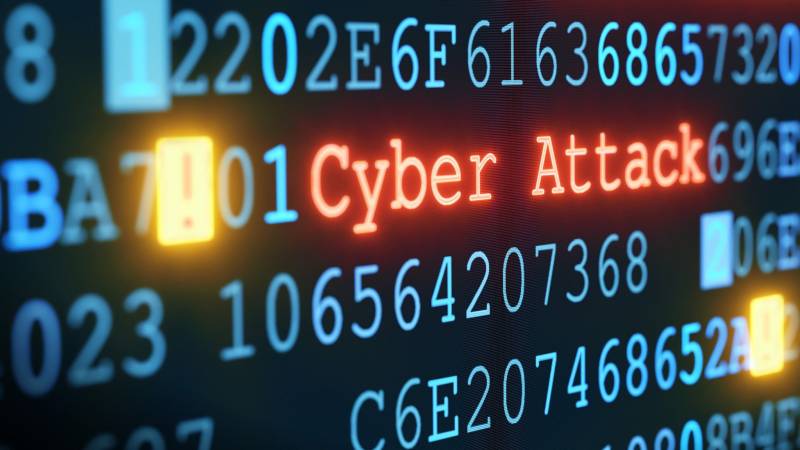An assault on the Internet on Friday led to millions of users in North America and Europe being denied access to important sites such as Paypal, Twitter, The New York Times and Spotify. This is a glaring reminder of two things; that the increasing interconnectedness of everyday electronic items such as surveillance cameras, webcams and internet routers might not only be a blessing and can be turned against us. On a second level, it is a reminder of the ever-changing nature of techniques used by hackers, and how government agencies are always a step behind in this fight.
International agencies looking to counter hackers are fighting a losing battle; there are always new hackers where old ones have been put behind bars, and new ways to disrupt or take down the Internet keep propping up. Friday’s attack was scary because it changed the whole dimension of attacks through the web – hackers previously used PCs infected by malicious software which sent requests to internet switchboards all at once to cause a shutdown. This time however, millions of devices that have virtually no security, such as those mentioned above were used. This can happen again and again, because manufacturers of these everyday items have not even considered the possibility of looking to keep their devices secure. Encryption was never on the agenda, but it is hoped that this has taught us our lesson.
The scariest aspect of this though, is that this is merely the beginning. Even WikiLeaks, which reportedly gets most of its information through hackers has seen this as a worrying trend. American experts are worried about the Presidential elections in November, and how they might be vulnerable to an attack like this. This concern is perfectly valid, as are other fears of important data such as classified information and credit card details being stolen. There are an estimated 6.2 billion devices connected to the Internet, with many of them completely unprotected and vulnerable. The only question that remains is how much damage will the next attack cause and how vulnerable are governments and individuals from such infringements on public and private content?






